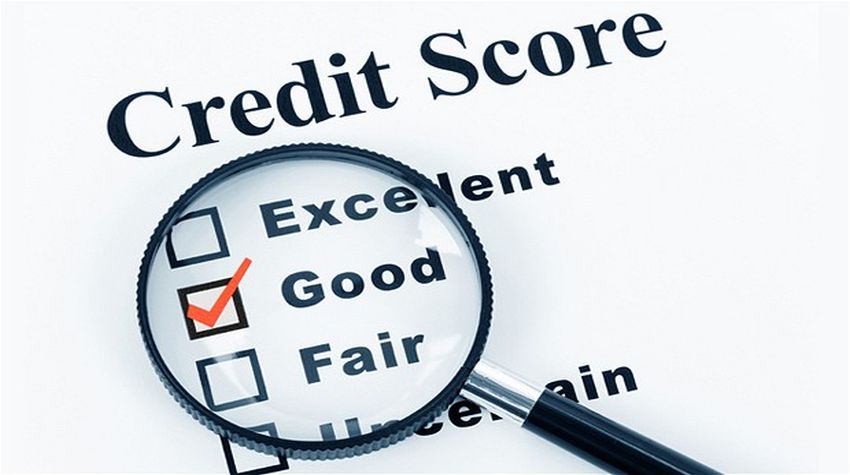
A credit report is a history of how consistently you pay your financial obligations. It is created when you first borrow money or apply for credit and is built over time. The companies that lend or collect money or issue credit cards (banks, finance companies, credit unions, retailers, etc.) send credit reporting agencies specific and factual information about their financial relationship with you. Details, such as when you opened up your account, timeliness of your payments and if you have gone over your credit limit, are shown in full.
Although this information is confidential, you have the right to see your credit report and no one else can have access to the information in the report unless you allow it. Typically, when you apply for a loan, a credit card or even a mortgage you will need to allow this organization to check your credit history. It will include the following account types:
- Revolving accounts (credit cards & credit lines)
- Installment accounts (loans)
- Other accounts (cell phones)
- Collection accounts
If you would like to obtain a copy of your credit report you can contact a credit-reporting agency such as Equifax or TransUnion Canada. When you receive your credit score it’s important to make sure that the information is correct. If the score is lower than you were expecting, review your history and see where you may be able to improve.
Tips to remember to improve your credit:
- Make sure you have a credit history: you may not have a score because you do not have a record of owing money and paying it back. One way to build a credit history is by using a credit card.
- Always pay your bills on time.
- Don’t go over 50% of the limit on your credit card.
- Apply for credit in moderation.









